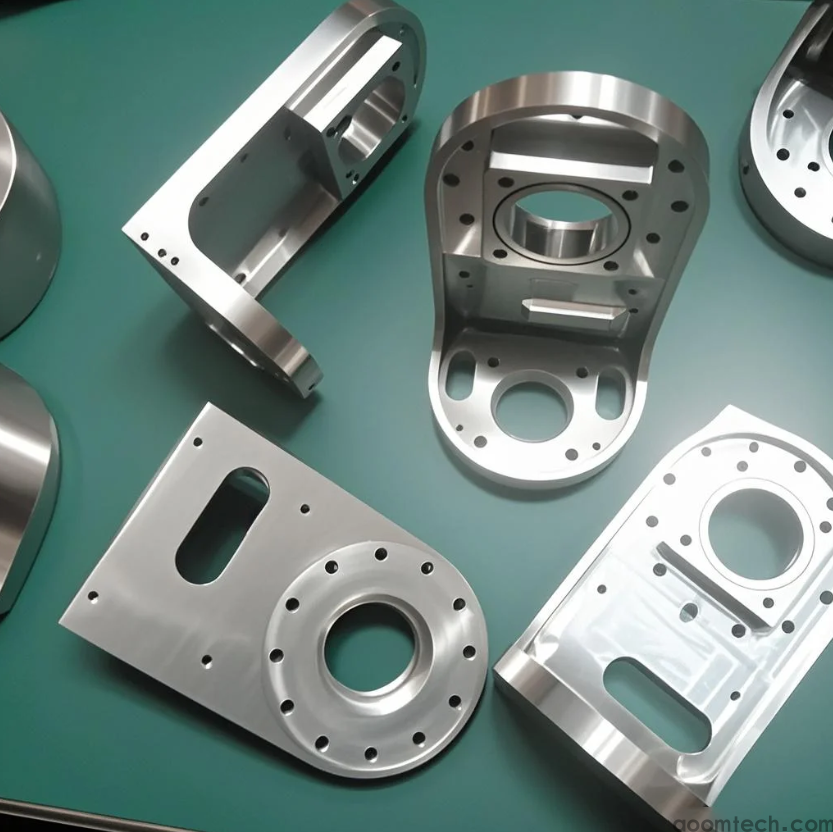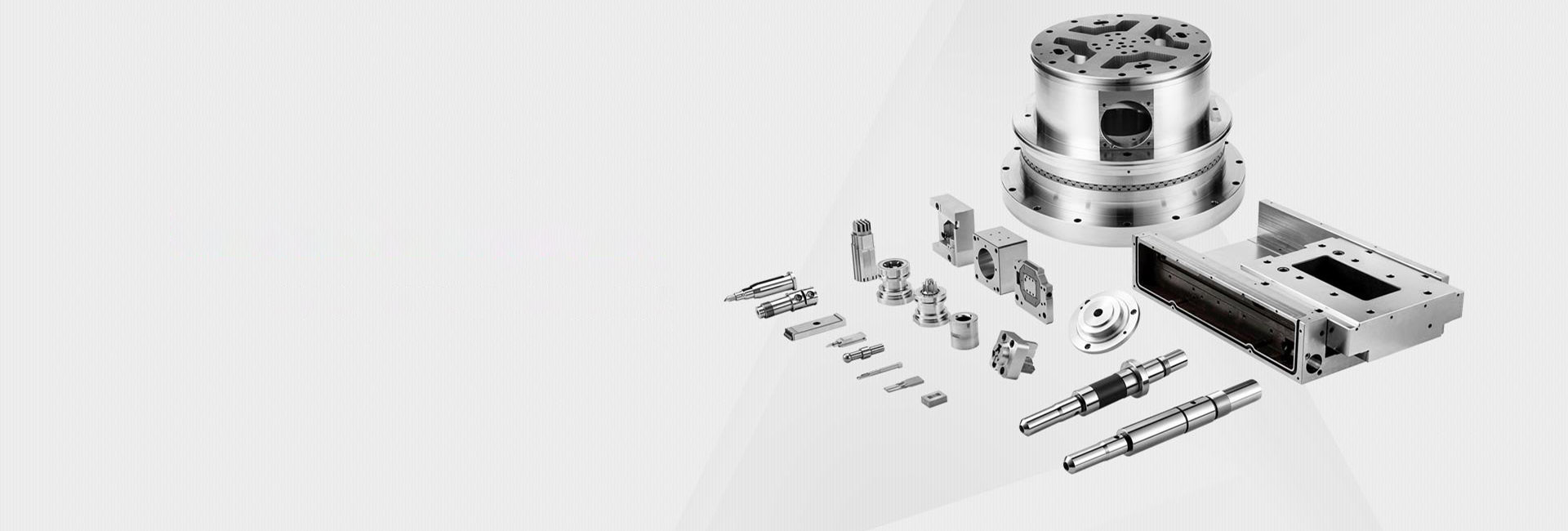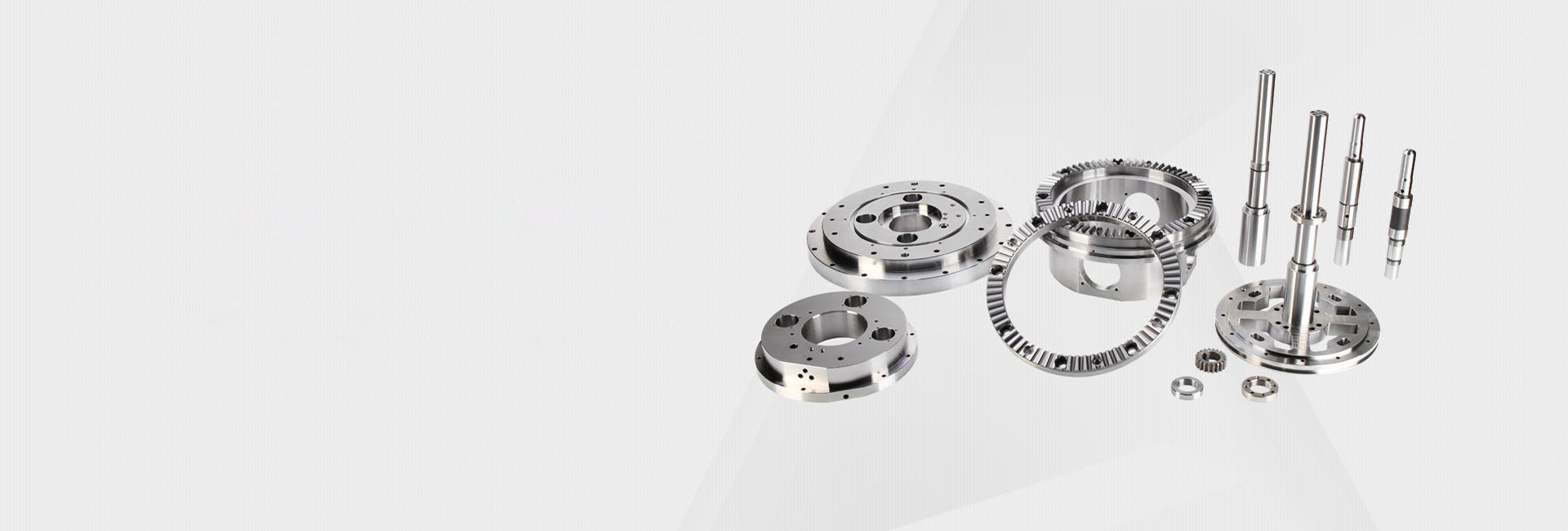Din guide til høypresisjons CNC-maskinering med liten batch: Kostnad, kvalitet og tips
Hei der, andre ingeniører og anskaffelsesproffer! ? Har du noen gang sittet fast i en situasjon der du trenger bare 50 eller 100 super-presise deler, men hver maskinbutikk du kontakter enten har skyhøye priser eller fungerer som bestillingen din ikke er verdt tiden deres? Det er frustrerende, ikke sant? Du er ikke alene. Dette er det nøyaktige smertepunktet som high-precision small-batch CNC machining aims to solve. Let's break down how it works and why it might be the perfect solution for your next project.

Hva er egentlig Small-Batch CNC Machining, uansett?
Tenk på det slik: i stedet for å bestille tusen identiske deler av et transportbånd, får du et nøye utformet, begrenset utvalg av komponenter. Small-batch CNC machining is all about producing a specific, limited quantity of parts with the same attention to detail and high accuracy as a large production run. It's perfect for prototypes, custom fixtures, or when you simply don't need millions of something. The core idea is flexibility without sacrificing the tight tolerances and fine finishes you require.
Hvorfor gå liten batch? De største fordelene
Så hvorfor ville du velge denne ruten? Fordelene er ganske overbevisende for bedrifter som trenger smidighet.
✅ Lower Upfront Cost: You're not tying up a huge amount of capital in a massive inventory of parts. You pay for what you need, when you need it.
✅ Amazing Flexibility: Found a small design flaw after the first 10 units? No problem! You can make adjustments quickly and cheaply for the next batch. This makes iterative design a breeze.
✅ Faster Turnaround: Smaller batches naturally take less time to produce than large-scale orders. This means you can get your product to testing or to market much quicker. Speed can be a huge advantage.
Den virkelige utfordringen: balansering av kostnader og kvalitet
La oss være ekte. Det er ikke alt solskinn og regnbuer. Den største hodepinen i small-batch machining is often the cost-per-part. Because the setup time and programming effort are spread over fewer units, each part carries a higher share of that initial cost. However, from my experience, this is where a good partner shines. A shop that specializes in this understands the economics and can often suggest material choices or slight design tweaks that save you money without wrecking the part's function. The specific calculation for optimizing this balance can be a bit of a dark art, depending on the geometry.
Hvordan velge riktig partner for dine små batchbehov
Å velge en maskinbutikk for en liten, presis jobb er forskjellig fra å velge en for masseproduksjon. Her er hva jeg vanligvis ser etter:
? Communication is Key: Do they answer your emails quickly and clearly? Do they ask smart questions about your design? This is a huge green flag.
? Check Their Equipment Portfolio: A shop with a variety of modern CNC mills and lathes is more likely to handle complex, high-precision work. Don't be shy to ask!
? Look for Prototype & Small-Run Focus: Some shops outright say they specialize in this. Those are your best bet, as their entire process is built for it. I've found that shops that mainly do huge runs can sometimes be less attentive to smaller orders, even if they accept them.
En rask titt på prosessen (det er ikke magisk!)
Lurer på hvordan det flyter? Det er ganske greit. Du sender designfilen din (som en STEP eller IGES). De vurderer det for manufacturability and might suggest changes to make it easier and cheaper to make. Then, they program the machines, set up the raw material, and start cutting. Each part is often individually checked for quality. This hands-on approach is what ensures the high quality in small quantities.
Til slutt, high-precision small-batch CNC machining is a powerful tool when you need quality parts fast without the commitment of a massive order. It empowers innovation and allows for rapid testing and development. Finding a shop that gets this model is half the battle won. Maybe it's time to give that small-batch idea a shot? ?
 Hvordan velge en pålitelig leverandør av CNC-maskinering for
Hvordan velge en pålitelig leverandør av CNC-maskinering for
 Viktige hensyn for presisjon CNC masseproduksjon: En praktis
Viktige hensyn for presisjon CNC masseproduksjon: En praktis
 Hvordan forhindre myke materialer fra vridning i CNC-maskine
Hvordan forhindre myke materialer fra vridning i CNC-maskine
 Hvordan velge en pålitelig CNC-bearbeidingstjeneste: En prak
Hvordan velge en pålitelig CNC-bearbeidingstjeneste: En prak


